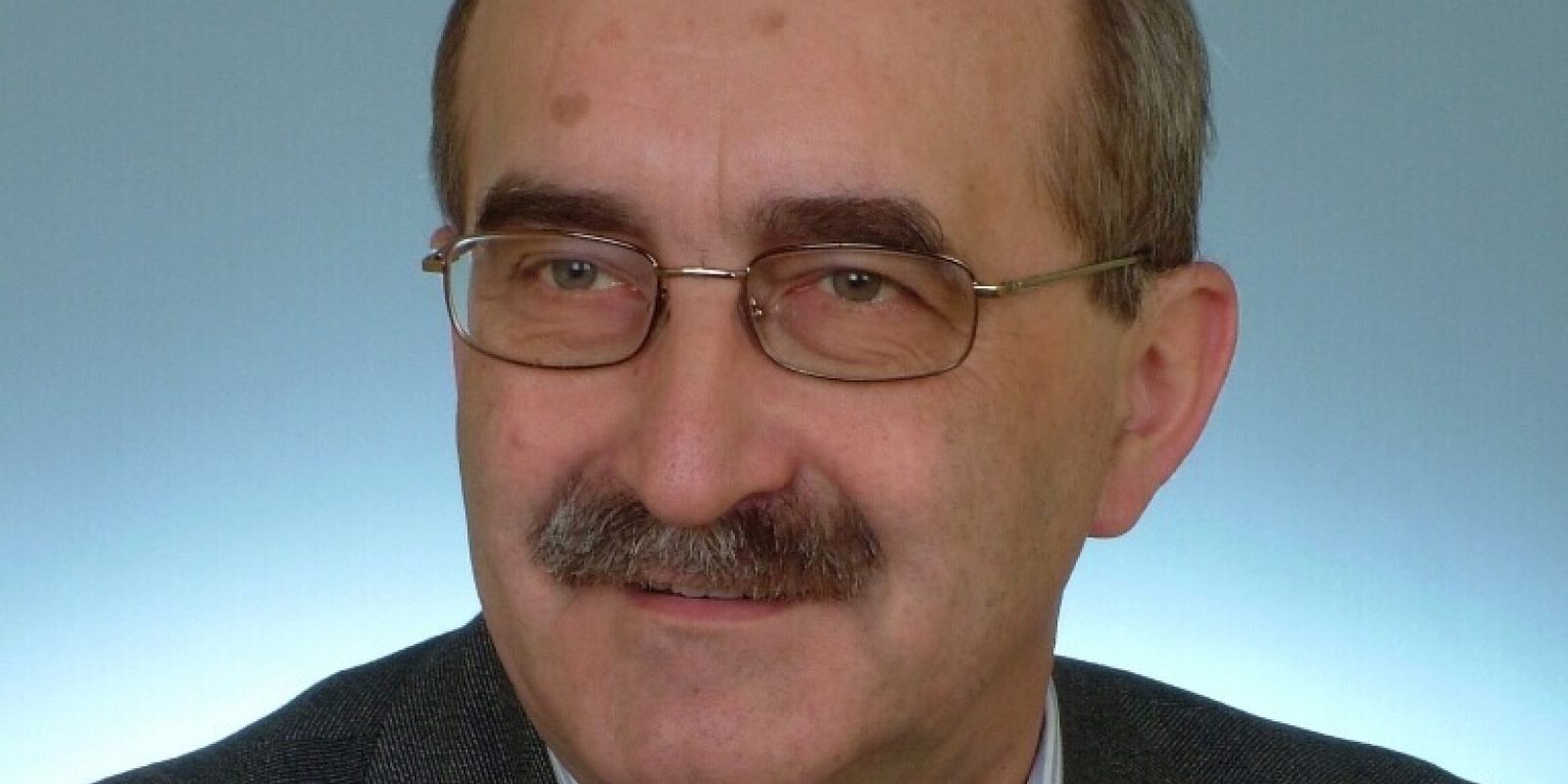
Prof. Dr. Jan Blecharz
Jan Blecharz posesses post doctoral degree and is an associate professor at University School of Physical Education in Krakow, Poland; psychologist, graduated from Jagiellonian University; chairman of Departament of Humanites at University School of Physical Education; he worked many years as a consultant for TS Wisla, with Polish Female Basketball National Team, gymnastics and Natioal Team of ski jumpers, figure iceskating, collaborated with Polish Association of Sport Shooting, participated, as a psychologist, in the high rank competitions- Olympic Games, World Cups and European Championships. He is a member of Polish Association of Psychology and the International Society of Sport Psychology and the Association for Applied Sport Psychology. He has published many papers and is the author of innovative techniques applied to sport training, and particularly he is interested in mental training of professional athletes before high rank competitions as well as psychological consequences of sport injuries.
Workshop:
W022: Self-regulation and coping with adversities in sport and stage performance
Sport expertise and successful athletic careers are dynamic, uncertain, and depend on the multifaceted fabric of person and contextual factors (e.g., Ericsson, 2003; Siekańska, 2013; Stambulova, 2016). There are many similarities between sport and stage performance: warm-up, expressing oneself through the body, social exposure, striving for the best performance, the role of a coach shares similarities to that one of a director or a conductor. Recently, self-regulation (as a person factor) gained a renewed interest among sport and performance psychology researchers and practitioners (e.g., Jonker et al., 2012; Massey et al., 2013). The current understanding of self-regulation embraces numerous aspects of sport behavior as related to practice and performance. Empirical data shows the relationship between self-regulation of pre-performance mental states and subsequent levels of performance.
Research provided evidence that early life (i.e., nonsport) adversity is essential and that later career (sport or nonsport) adversity often acts as a developmental catalyst in Olympic and/or World champions (Hardy et al., 2017). The possibility that excellent performers can turn the most trying times around and develop as a result is known as growth following adversity (cf. Gucciardi, 2017; Howle and Eklund, 2017; Sarkar and Fletcher, 2017).
The purpose of this workshop is to review (conceptually and practically) the role of self-regulation in the skill acquisition and coping with adversities in sport and stage performance.
Case studies - both from the world of elite level athletes and internationally renowned artists - will be provided to the participants. All case studies address the problems encountered by the performers, how they identified the issues, and how they solved them by psychological support and mental skills training. We will also show how to work with athletes and stage performers to overcome adversities and stimulate their development.